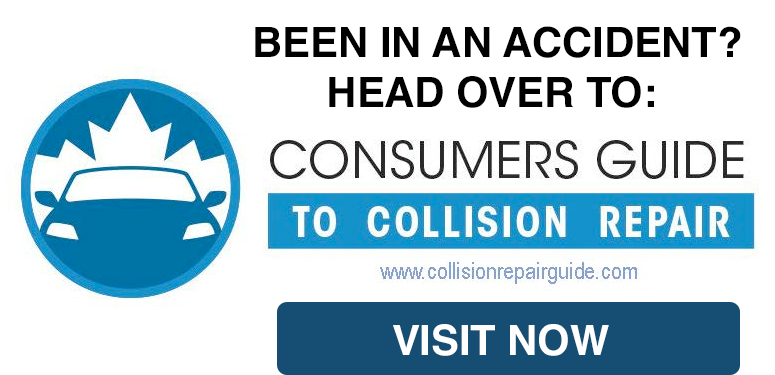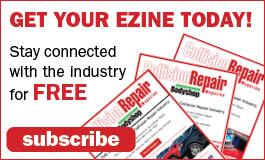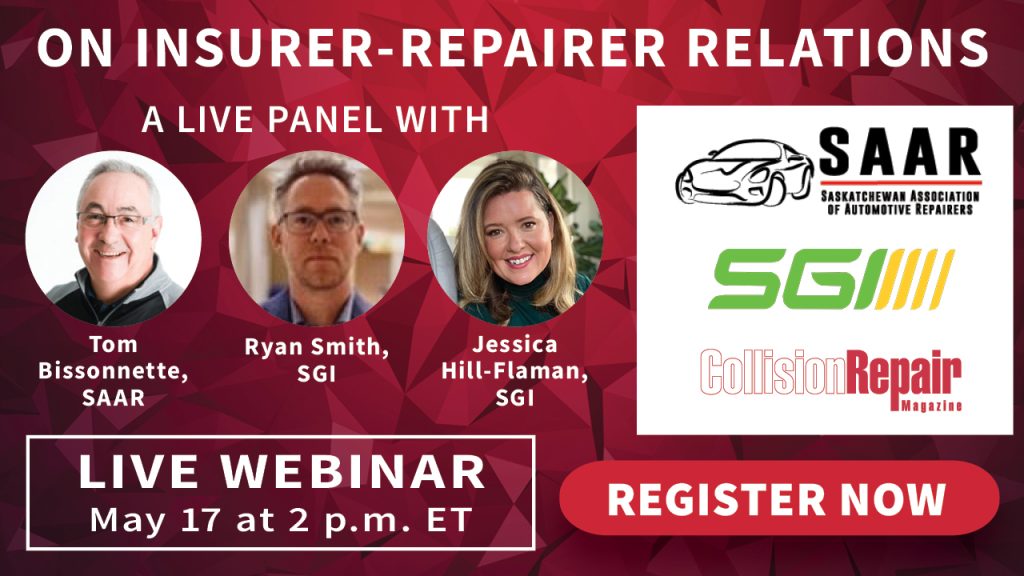Reflections and ponderings on industry enhancement
Column by TOM BISSONNETTE
More than a dozen years ago, there was a committee at the Canadian Collision Industry Forum (CCIF) headed up by Jay Perry of Ally Business Coaching and Mike Mario of Regina Auto Body. The committee produced a fantastic concept for a National Autobody Accreditation program. I remember thinking that they had nailed it and had some great ideas to add a level of professionalism that our industry had never seen before.
Alas, for some reason the idea did not fly. I am not sure why—but whatever the reason, I view this as an opportunity lost.
In Saskatchewan, under the leadership of my predecessor, Bill Ziebart, our provincial autobody association, the Saskatchewan Association of Automotive Repairers (SAAR) began working with our provincial insurer Saskatchewan Government Insurance (SGI) to raise the bar on what an accredited SGI bodyshop should look like. When I took over from Bill, SGI had already made some changes to the people it had in place to facilitate this new accreditation program. A key player was an engineer named Ciaran Downes who had previously been involved with SGI’s vehicle inspection branch, which was responsible for vehicle safety in the province.
When we started talking about the Safe Quality Auto Repair Program (SQARP), Ciaran immediately understood the significance of having a professionally trained and equipped autobody industry and explained it to his supervisor, Ryan Smith, the vice president of Saskatchewan Auto Claims and Salvage. Although not from the autobody industry, Ryan is a car enthusiast, and he immediately understood the ramification of a poorly trained and equipped collision industry. I give these men credit for having the courage to move forward with implementing a new updated accreditation program for bodyshops in Saskatchewan.
Why was courage required? For reasons you can imagine. For one, many shops felt that SGI was picking on them even though they had been in business for many years and in their estimation, they were doing a great job. Being a government insurance company, you can bet that many shops called their local MLA complaining that SGI was putting them out of business.
How did they counteract the negative response? Quite simply, communication. SGI arranged a series of town hall meetings throughout the entire province in the spring and summer of 2019. Ryan, Ciaran and their team embarked on this tour to explain in detail why it was important for shops to up their game and in terms of training, equipment and following OEM procedures. Ryan would open most of these meetings with the statement: “We cannot unknow what we now know regarding the complexity of vehicle repairs, and the inability of many of our shops to properly repair these vehicles.”
To soften the impact of this new accreditation, SGI offered up to $15,000 to help shops meet the SQARP deadline that was originally set for April of 2020. Our provincial government stepped in and had the deadline extended until the fall of 2020.
When the dust settled our industry went from more than 250 certified shops to just over 200—a drop of 20 percent. I know it seems a bit harsh but what is the alternative? Should we just let unqualified shops continue to repair vehicles based on the way they think best? As it stands, the autobody repair industry in North America operates with varying standards and practices. While there are industry certifications and training programs, there is no unified accreditation system that ensures a consistent level of quality and professionalism across the board. This lack of standardization can lead to inconsistencies in repair outcomes, customer dissatisfaction and potential safety hazards.
A national autobody accreditation program could serve as a comprehensive solution to address these challenges. Accreditation would involve a set of standards and guidelines that repair shops must meet to ensure they provide high-quality services. This could cover aspects such as technician training, equipment standards, OEM repair procedures, and customer service.
The implementation of a national autobody accreditation program in North America could revolutionize the automotive repair industry. By establishing consistent standards, this initiative would not only enhance the quality of autobody repairs but also improve customer satisfaction and safety. Including the auto glass and paintless dent repair industries in such a program would further solidify its impact, creating a more cohesive and professional automotive repair landscape.
Let us hope that discussions continue and that stakeholders should collaborate to develop a comprehensive accreditation framework that benefits the entire automotive repair ecosystem. Everyone should win.



BENEFITS OF NATIONAL ACCREDITATION IN THE AUTOBODY INDUSTRY
1. Consistency and Quality: A national accreditation program would establish a baseline for quality standards (OEM), ensuring that repairs are conducted consistently across the country. This would enhance the industry’s overall reputation for reliability and professionalism.
2. Consumer Confidence: Accreditation provides consumers with the assurance that their vehicles are being repaired by skilled professionals using the latest industry standards. This increased confidence can lead to higher customer satisfaction and loyalty.
3. Safety: Standardized repair procedures and equipment requirements can contribute to improved safety outcomes. This is particularly crucial as vehicles incorporate advanced technologies that require specialized knowledge for proper repairs.
In addition to the autobody industry, accreditation programs could be extended to the auto glass and paintless dent repair sectors. These services are integral parts of the automotive repair ecosystem and play a vital role in vehicle safety and aesthetics.
1. Auto Glass Industry: Accreditation would ensure that technicians are trained to install and repair auto glass according to industry OEM guidelines. Properly installed auto glass is crucial for vehicle structural integrity and occupant safety.
2. Paintless Dent Repair Industry: Accreditation would set OEM standards for training and repair techniques. Bodyshops need to embrace paintless dent repair which is vital in promoting the use of environmentally friendly and cost-effective methods that provide less invasive repairs which save time and money.
















































































3 Responses
Absolutely agree. Technically you can’t put an outlet in your home without a permit and inspection. Carpenters, electricians, plumbers all have to follow code and pass inspections. We have bubcuss. It needs to be a third party entity, it cannot be an insurer, banner, or an association that puts the stamp on the repair.
Could be a game changer.
Not without cost, so the status quo would need to go. Clean sweep, fresh start, with a solid reality check.
Hmmmm…🤔
Great write-up, Tom. I had the opportunity to hear from Mike Mario about his work you mentioned a couple of months ago, and it has stuck with me. This industry has moved far away from “my uncle does body work in his garage” to state-of-the-art facilities with top-end training. The gap between those two types of shops is widening and having a proper National accreditation program would be a solution to creating a clear division between them.
I hope that this conversation does continue to lead to a solution for rewarding shops that invest in technology, training, and safety. Not only will deserving shops win, but so will all drivers on the road.
I also agree, I believe the industry has matured over the past decade, however more needs to be done. Technology in todays vehicles demand more training than ever before, a National Accreditation Program would be the goal. I believe that we must be realistic and take small steps in every Province to reach a National goal.
Time and money and human resources will be the biggest hurdle to overcome before a National Accreditation program can be realized.
Perhaps CCCR can be a platform to help move this National Accreditation Program forward.